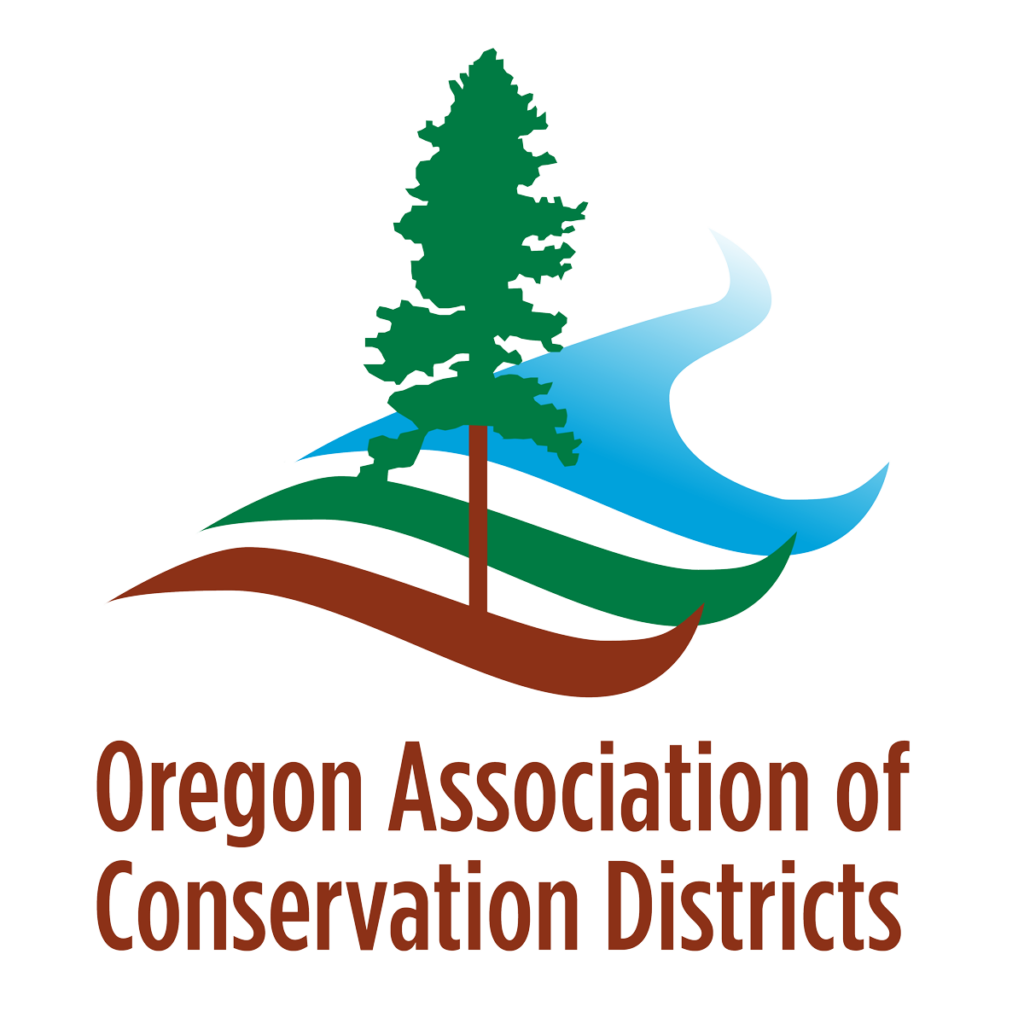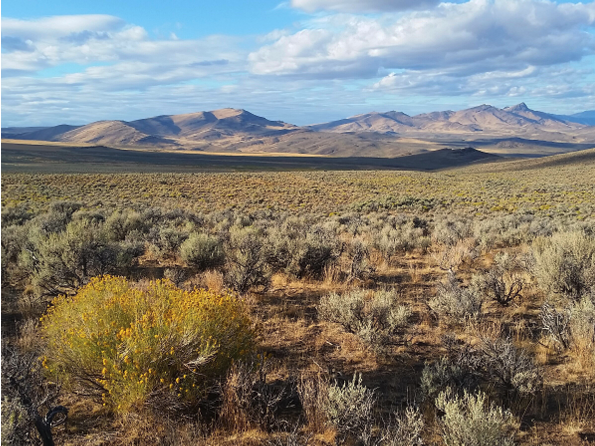The Intergovernmental Panel on Climate Change’s Global Warming of 1.5°C Special Report emphasized the urgency of climate action and the important role the land sector can and must play as part of a comprehensive climate change mitigation strategy. In Executive Order 20-04, Governor Brown directed the Oregon Global Warming Commission to work in coordination with the Oregon Department of Agriculture, Oregon Department of Forestry, and the Oregon Watershed Enhancement Board to develop and submit a proposal for setting a carbon sequestration and storage goal for Oregon’s natural and working lands.
Oregon’s natural and working lands — including forests, grasslands, rangelands, farmlands, tidal and subtidal wetlands, and the parks and open spaces in urban environments — provide a range of environmental, social, health, and economic benefits statewide including opportunities to increase carbon sequestration to reduce Oregon’s overall greenhouse gas emissions.
The Environmental Protection Agency (2020) reports that carbon sequestered in natural and working lands reduced total GHG emissions in the United States by 12 percent in 2019. Researchers estimate that the amount of carbon sequestered annually could be more than doubled by protecting and restoring natural habitats and modifying management practices on farms, forests, and rangelands (Fargione et al 2018).
Over the past year, the OGWC worked closely with the named partner agencies as well as the Departments of Environmental Quality and of Land Conservation and Development to engage Tribes, landowners and managers, federal and state agencies, conservation organizations, environmental justice leaders, technical assistance providers, and scientists to inform the level of ambition we should aspire to in recommending a goal for natural and working lands and the strategies the state should advance to reach that level of ambition. In total, we heard from more than 1,000 individuals and organizations. Input ranged from recommendations on the goal and specific strategies to general considerations for designing policy, practice, and investment frameworks.
Based on tribal and stakeholder input, research, and information provided by state and federal agencies, the OGWC recommends the state adopt the following outcome-based goals…
Download the full report PDF to learn more.

